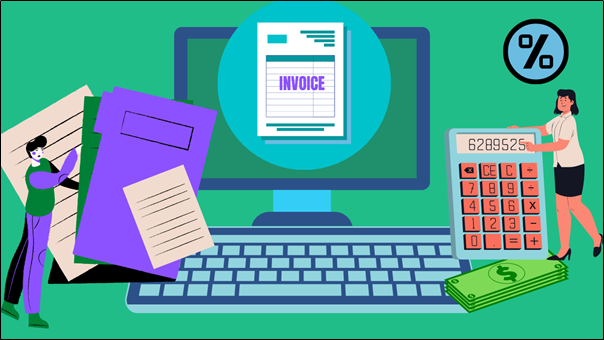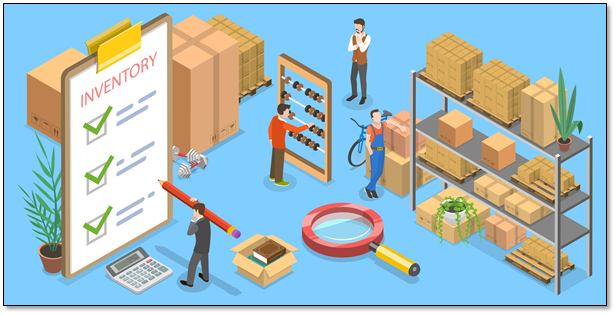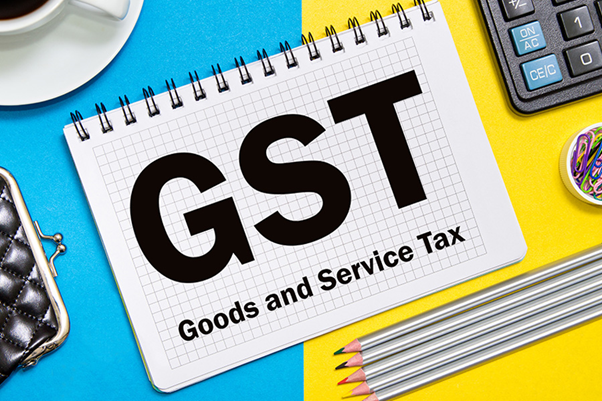HOW IS RETAIL SOFTWARE USED BY SMALL BUSINESSES?
Retail software has
revolutionized the way small businesses operate. Gone are the days of manually
tracking inventory, sales, and customer data on paper. Retail software has made
it possible for small businesses to efficiently manage their operations, increase
their sales, and improve customer experience.
Small businesses, in particular,
can benefit from retail
software. It can help them streamline their operations, track inventory
levels, manage customer data, and analyze sales data. Here are some ways in
which small businesses use retail software:
Inventory Management:
One of the biggest benefits of
retail software is inventory management. It allows small businesses to track
inventory levels in real-time, ensuring that they never run out of stock. This
helps them to keep their customers happy by providing them with the products
they need when they need them. Retail software also helps small businesses to
keep track of their inventory costs, allowing them to make informed decisions
about their pricing strategies.
Sales Tracking:
shop billing software
allows small businesses to track their sales data, which is crucial for making
informed business decisions. They can see which products are selling well,
which ones are not, and adjust their inventory accordingly. This data also
helps small businesses to create targeted marketing campaigns that are more
likely to resonate with their customers.
Customer Management:
Retail software allows small
businesses to manage their customer data more efficiently. They can track
customer purchases, preferences, and contact information. This data can be used
to create targeted marketing campaigns and personalized promotions, which can
help to increase sales and customer loyalty.
Point of Sale (POS):
Retail software often includes a
point of sale (POS) system, which allows small businesses to process
transactions quickly and efficiently. This is particularly important during
busy periods when long lines can lead to frustrated customers. A good POS system
can also help small businesses to manage their cash flow, as it provides
real-time data on sales and cash flow.
E-commerce:
Many retail software solutions
also offer e-commerce capabilities. This allows small businesses to sell their
products online, which can significantly increase their reach and sales.
E-commerce platforms also offer tools for managing inventory, processing
transactions, and tracking sales data, making it easier for small businesses to
expand their online presence.
Analytics and Reporting:
Retail software provides small
businesses with valuable insights into their operations. Retail shop billing
software analyze sales data, track inventory levels, and identify
trends and patterns that can help them make informed business decisions. This
data can be used to optimize pricing strategies, improve inventory management,
and create targeted marketing campaigns.
In conclusion, retail software
has transformed the way small businesses operate. It provides them with the
tools they need to manage their operations efficiently, increase their sales,
and improve customer experience. From inventory management to e-commerce and
analytics, retail software has become an essential tool for small businesses
looking to grow and thrive in a competitive market.
Original Source: HOW IS RETAIL SOFTWARE USED BY SMALL BUSINESSES?




Comments
Post a Comment